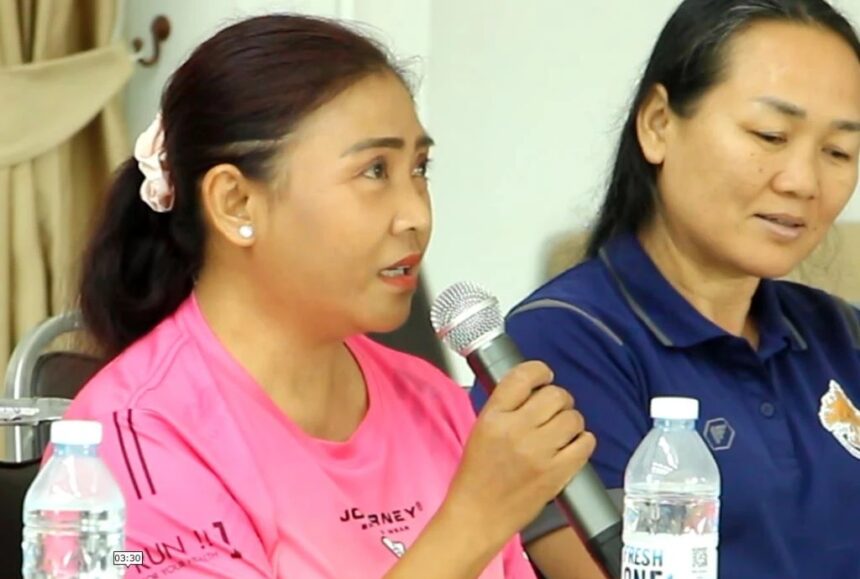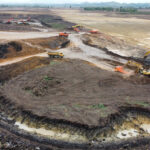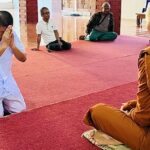Chiang Rai – Community groups, researchers, and NGO representatives from the Kok-Ing-Mekong basin met in Chiang Rai on Tuesday to discuss the ongoing issue of arsenic pollution in the Kok River.
The contamination, linked to gold mining operations in the Wa Daeng area across the border in Myanmar, has spread into the rivers Kok and Sai, causing serious harm to tourism and local livelihoods along these waterways.
At the meeting held at the CCF Learning Centre in Chiang Rai, experts and local leaders—including Somkiat Khuean Chiang Sa, president of the River for Life Association—shared data, discussed the source of the problem, and looked for solutions.
In March 2025, residents of Mae Ai district in Chiang Mai noticed that the Kok River, which flows in from Myanmar, had become visibly murky. The Pollution Control Department later found arsenic levels at 0.026 milligrams per litre at Mae Ai and 0.012–0.013 milligrams per litre in Chiang Rai town, above the safe limit of 0.01 milligrams per litre.
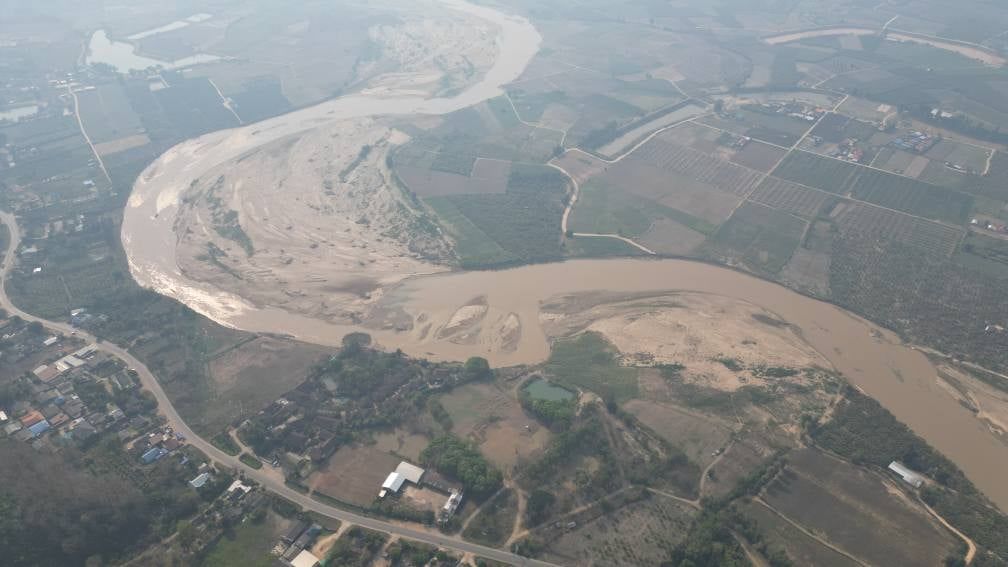
Dr. Suebsakun Kidnukorn from Mae Fah Luang University presented maps showing how the river flows from Myanmar into Thailand.
He suggested setting up a joint working group, including government, civil society, academics, and private sector participants, to tackle the arsenic issue. He also called for a new water quality monitoring centre in Chiang Rai, which could get real-time results with support from local universities.
Jirapath Kanthiyachai, assistant village chief from Rom Thai in Mae Ai, explained how tourism in her area has collapsed this year. Normally, the Kok River draws crowds, especially during summer and Songkran.
This year, even during the Chiang Rai Songkran festival from 13-15 April, hardly anyone came. Locals are avoiding the Kok River in Chiang Rai, which has hit fishers and other businesses hard, adding to the area’s troubles after last year’s floods.
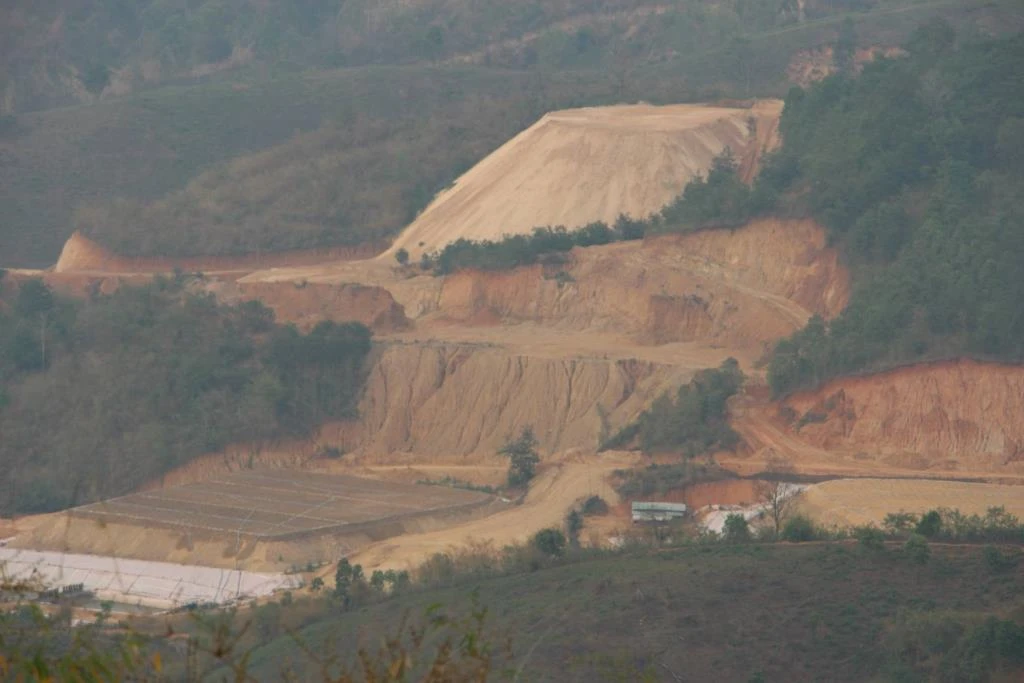
Somkiat also urged the formation of a cross-border pollution panel. He proposed regular water testing in both Chiang Mai and Chiang Rai, publishing results monthly. He pushed for greater cooperation with Myanmar and the Wa armed group to increase sampling points and trace the pollution back to its source, including gold mines in Shan State.
He called for four-way talks between Thailand, Myanmar, China, and local ethnic groups to find a long-term plan.
Chiang Rai MP Chitawan Chinanuwat attended the meeting. He collected petitions from community members and said he has already brought the issue before parliament. He promised to press the government for action.




